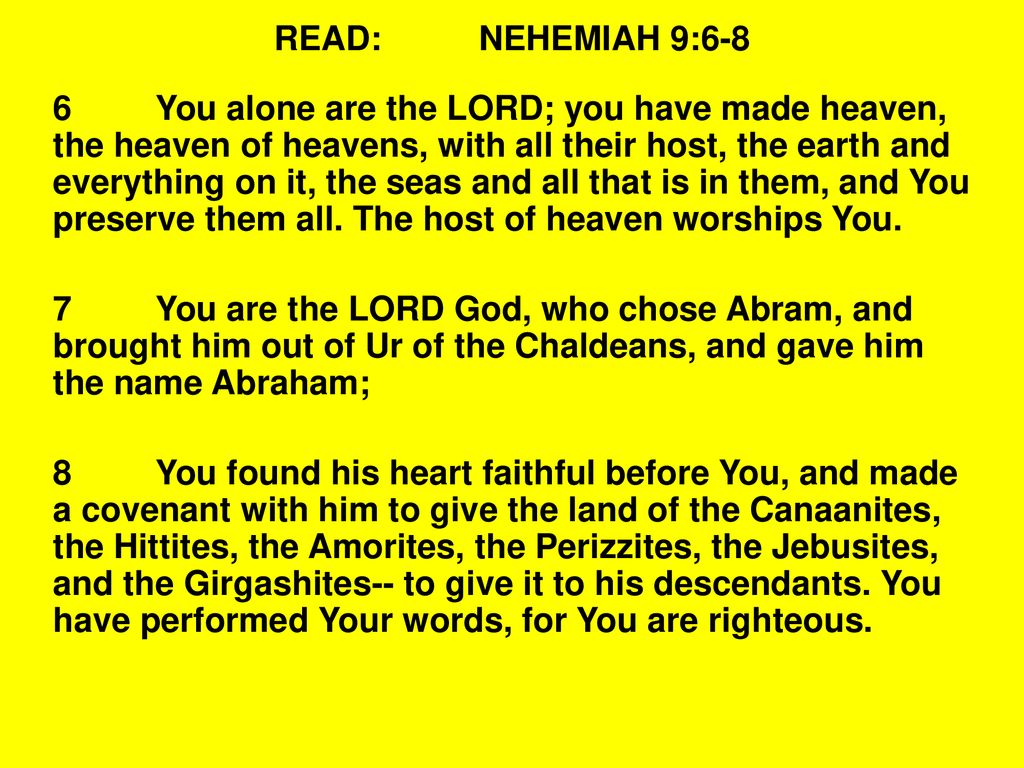
17 May they ever be ashamed and dismayed may they perish in disgrace. 16 Cover their faces with shame so that men will seek your name, O Yahwah.

All the earth bows down to you they sing praise to you, they sing praise to your name.” Selah.

4 Hear, O Israel: Yahwah our Elohiym, Yahwah is only. 13 And Moses said to Elohiym, “Suppose I go to the siblings of the Israelites and say to them, 'The Elohiym of your forefathers has sent me to you,' and they ask me, 'What is His name?' What shall I say to them?” (Elohiym means, “God of The Living.” It can also be translated as “god-s of the living” or “god-s of life,” for those who have life immortal.) 14 And Elohiym said to Moses, “The Living that Lives.” This is what you are to say to the Israelites: “The Living has sent me to you.” (HaYah) in the ancient Semitic language means: The Living, or The Life.) 15 And Elohiym also said to Moses, “Say to the Israelites, Yahwah, the Elohiym of your forefathers the Elohiym of Abraham, the Elohiym of Isaac and the Elohiym of Jacob has sent me to you.' That’s my name forever, the name by which I’m to be remembered, from generation to generation.”ĭeuteronomy 6:4. This scripture here is an example of how it would read if translated into English.Įxodus 3:13-15. HaYah means “The Life or The Living.” HaWah means “The Beginning or The happening.” This is a partial list of words associated HaWah: Be, is, was, became, happened and appeared. The derivation of Yahwah is from the ancient Semitic words HaYah and HaWah. Take note that the letter ו in Biblical Hebrew was known as waw and pronounced as w, as in Yhwh, “Yahwah.” In Modern Hebrew ו is known as vav and pronounced as v. Yahwah is God’s personal name based upon the ancient Semitic language.


 0 kommentar(er)
0 kommentar(er)
